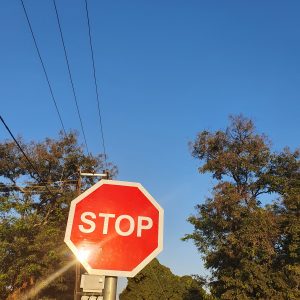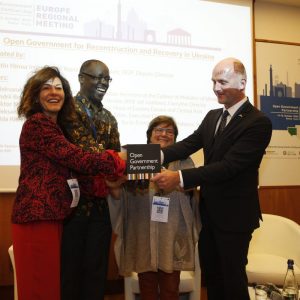Open civic space is a key ingredient in ensuring that citizens can collectively solve their problems and make government work for them and that their voices can be heard and taken seriously in decision-making. This work is essentially divided into two strands: soft persuasion or advocacy – analysis, infusion of new data and citizen voices into discussions and decisions in these areas, media engagement to create public pressure for action and change, and working in coalitions to amplify collective perspectives and exert greater pressure. The second strand is hard persuasion, strategic litigation. This involves defending the rights of critical actors legally as well as more proactive litigation to address issues surfaced in communities or that are pivot points that can unlock wider freedoms for a multitude of actors in different spaces. This work is necessarily dependent on having an, at least partially, independent judiciary.
The activities in this area of work are at the service of all three strands of Twaweza’s mission, creating reverberations that allow the inclusion of citizens’ voices in the national dialogue and demonstrating citizens’ capacity to influence the forces that shape their lives, but ultimately, we are pushing to reclaim the public sphere and citizens’ rights of expression, association and participation. Ideas, evidence and stories unearthed from a deep grounding in local communities and dynamics, alongside surfacing the often-silenced perspective will revitalize the national public sphere.
Although we are not directly targeting the restrictiveness of civic space in Kenya and Uganda, we will conduct national-level advocacy around participation of citizens in both countries, in Kenya through the use of the Sauti za Wananchi platform and the inclusion of these voices in decisions, and in Uganda additionally through showcasing examples of communities and local governments that have successfully addressed local challenges – whether of service delivery, public participation or government transparency – and supporting our local champions to do the same.
The main components of this work are: the production of creative and persuasive materials, insider advocacy, public engagement to create bottom-up pressure, legal analysis, supporting and building coalitions, an extensive media engagement component and strategic litigation




